MySQL is a relational database that has existed for quite some time. MongoDB has grown in popularity because of the need for diversity and scalability. Both have high efficiency with related features.
So, let’s find out the difference between MongoDB Vs MySQL
What exactly is MongoDB?
MongoDB is a common NoSQL, non-relational database management system (DBMS) that stores data in documents rather than tables or rows. It was developed in early 2007. This data model enables related data to be manipulated in a single database operation.
MongoDB documents are JSON-like documents and files that are supported by JavaScript (JS). The paper fields may be modified at any point, making it simple to modify the layout.
MongoDB is more stable and effective, enabling you to meet your speed and storage requirements. It has high availability, lateral scaling, and regional reach since it is a distributed database. MongoDB is an excellent option for anyone looking to scale and develop rapidly. It promotes fast iterative growth.
The drawbacks of MongoDB
- Since MongoDB does not allow joins, you will need to change your documentation frequently depending on how you wish to access info.
- Because of the key-value pairs that may affect data redundancy, it can use a lot of memory.
- The actual size of a text is 16MB.
What exactly is MySQL?
MySQL is a relational database management system (RDBMS) that manages data in tables and rows and is available as an open-source project. Moreover, it passes and accesses data using SQL (structured query language). JOIN operations make querying and correlation even easier. It has a client-server model and multi-threading capabilities.
The MySQL database has a wide group, rigorous research, and reliability since its creation. Moreover, it supports all major platforms and has connectors for a variety of languages, including C, Java, C++, Python, and PHP.
Also read: Relational vs Non-Relational Database
The drawbacks of MySQL
- Since data is contained in tables, if you have data that does not fit into any of them, you’ll need to restructure the database to make room for it.
- The database must be spread through many computers, which may be challenging to handle.
- Due to scaling problems, MySQL becomes less effective when dealing with massive databases.
MongoDB vs. MySQL: What’s the Difference?
- Representation of Data
Data in MongoDB is interpreted as JSON records, while data in MySQL is represented as rows and columns.
- Embedding Data
There is no method for nesting or embedding data in MySQL. JOINs may be included, although they can result in bigger tables of extra fields. JOINs may be time-consuming and resource expensive.
You may embed similar data in MongoDB. If you think the database would expand too big, you may still reference data from another database.
- Language
MongoDB uses MQL, the MongoDB query language, while MySQL uses SQL.
- Index Enhancement
Indexes are used to optimize all databases. If there is not an appropriate index for a database, MySQL can scan the entire chart.
If there are no indexes, MongoDB searches for any text in a series.
- Implementing a Database
MongoDB, on the other hand, is well geared to distributed environments. MySQL has binaries for most operating systems, so it can be implemented natively.
- Output and Pace
MongoDB is faster than MySQL since it is a NoSQL database.
- Protection is key.
MySQL implements a privilege-based protection paradigm, in which administrators are authenticated and given rights over unique database operations. Moreover, it uses encoded links between servers and clients at the transport layer.
Role-based authentication with customizable rights is used by MongoDB. Moreover, it encrypts and decrypts data using Transport and Socket Layers, meaning that only approved users have access to the database.
- Adaptability
MySQL is vertically scalable, which means that you can maximize the amount of data stored on a single server by changing the RAM or CPU requirements. MongoDB is horizontally scalable, which means you can expand the database and build a MongoDB cluster of several servers.
Check: database development services
Guide for using MongoDB and MySQL?
There is no simple winner when it comes to deciding between the two since they tend to various areas. Your decision would be based on the requirements and objectives of your project. We’ll look into whether you can use MySQL vs. MongoDB in this segment.
MySQL is a decent choice if you want to:
- You have only just started your company, and your database is not going to scale very well.
- You have a set layout, or the data structure will not shift for a long time.
- Your purchase rate is strong.
- Your highest concern is data protection.
- You need further assistance. Since MySQL has been around for so long, it is far simpler to find answers to popular issues.
- If you are dealing with a legacy program that needs multi-row transactions and structured data with a specified schema, MySQL is a strong option.
MongoDB is a decent option if you want to.
- You want high storage access as well as data recovery that is both automatic and immediate.
- You are dealing with a weak schema and want to hold the migration costs down.
- Your applications are hosted on the cloud.
- You want to improve your success.
- If you are dealing with real-time analytics, smartphone apps, the internet of things, or some other framework where you may have organized or unstructured data with the potential for exponential development, MongoDB might be the right fit.
Hope you have clear understanding of mongodb vs mysql, for more info. just fill up the contact form & get more experts advice from web development company.
Also check: Django Vs. Node.JS
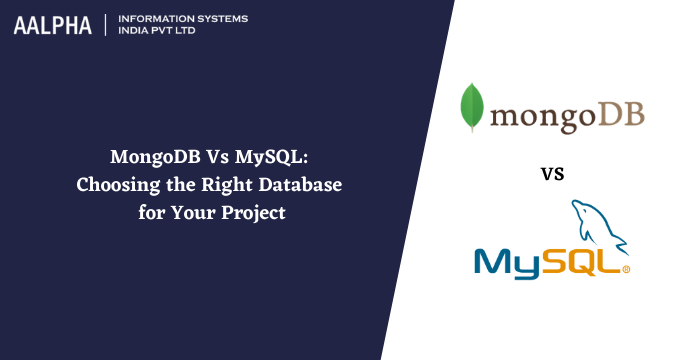
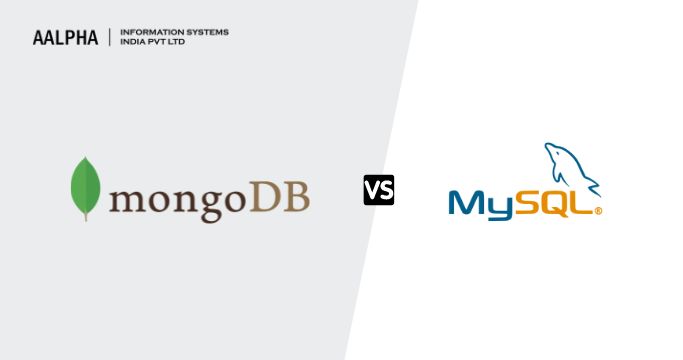
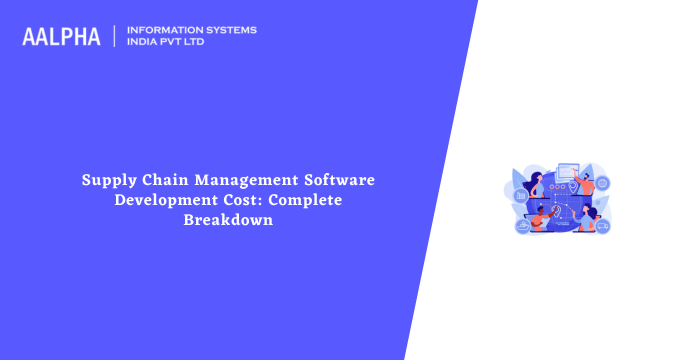
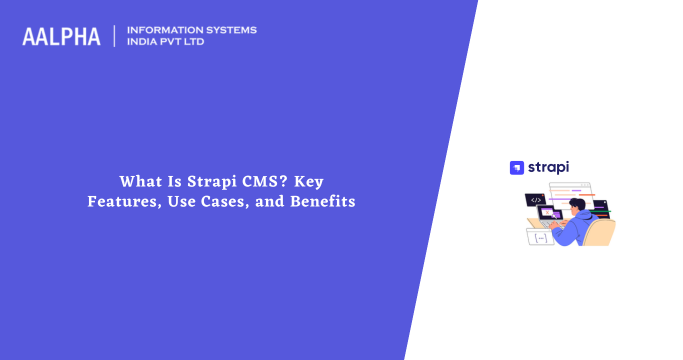
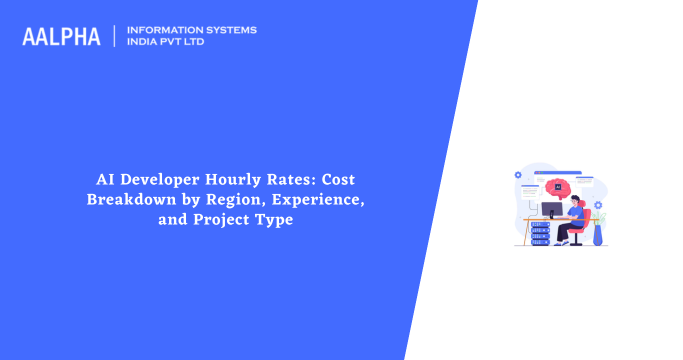
Share This Article:
Written by:
Muzammil K
Muzammil K is the Marketing Manager at Aalpha Information Systems, where he leads marketing efforts to drive business growth. With a passion for marketing strategy and a commitment to results, he's dedicated to helping the company succeed in the ever-changing digital landscape.
Muzammil K is the Marketing Manager at Aalpha Information Systems, where he leads marketing efforts to drive business growth. With a passion for marketing strategy and a commitment to results, he's dedicated to helping the company succeed in the ever-changing digital landscape.